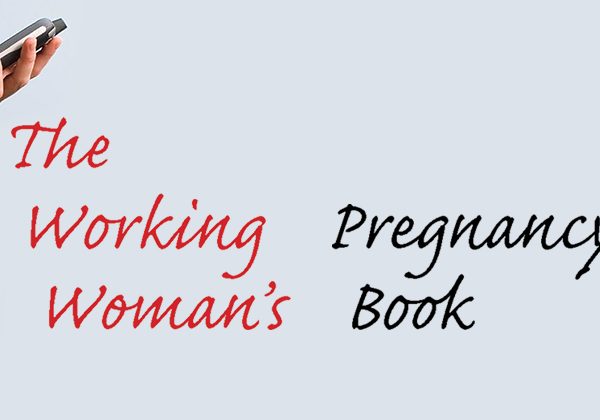Seven Guidelines for Religious Fasting in Pregnancy
Marjorie Greenfield—
Many pregnant women choose to fast at some point in time, usually for religious or cultural reasons. With Ramadan and Yom Kippur around the corner, it seemed like a good time to post some guidelines on fasting in pregnancy. I couldn’t find research on the effects of one-day fasts on pregnancy, but there are several studies on fasting during Ramadan, which is done from sunup to sundown for one month. This year, the Islamic calendar timing of Ramadan coincides exactly with the Western calendar month of September. Yom Kippur is October 8-9.
Is fasting safe in pregnancy?
Resarch on fasting during Ramadan doesn’t show lasting problems for the mother or baby. When ultrasound is used in the third trimester, the babies of fasting mothers are less likely to exhibit normal fetal breathing movements. No one knows if that is a problem, but studies on birth weight and on intelligence later in life are reassuring. My understanding is that Islamic laws don’t require women to fast while pregnant; they are able to make it up by fasting at another time. But many mothers-to-be want to fast because it is meaningful to them. Observant Jewish women are typically advised to fast during the most important holidays. In all religions, allowances are made for fetal and maternal health.
If you plan to observe your holy days by fasting, make sure your doctor or midwife knows that you plan to fast, and exactly what that means—how long you will fast, whether you may drink water, and what rules govern your options if you start to feel poorly. Fasting can be dangerous if you are already dehydrated from nausea and vomiting of pregnancy, or if you have a medical condition like diabetes. If your practitioner objects to your fasting, follow his or her medical recommendations. Remember that the most important outcome is a healthy mother and baby!
Here are guidelines to follow to keep safe if you are going to fast during your holy days:
- Hydrate beforehand. The most likely reason to feel unwell while fasting is dehydration. If your fast is from sunup to sundown, be sure to eat well and drink a lot of fluids before sunrise. Protein and fats will keep you energized longer than carbohydrates will. If you are fasting for 24 hours, hydrate as well as you can for a day or two before the fast.
- Keep cool while fasting. Getting overheated will dehydrate you more quickly.
- Rest, to conserve energy and fluids.
- If you feel lightheaded or dizzy you must at least drink fluids. If your brain isn’t getting enough blood flow and oxygen (the cause of lightheadedness) the baby may not be either. Lie down right where you are if you feel faint, and drink until you feel better. If plain water doesn’t work, you may need something with nutrition in it, like juice or food.
- If you start to have uterine contractions (a balling up or tightening feeling, or the sense of menstrual cramps) you must drink some fluids. Dehydration can lead to preterm contractions and potentially preterm labor. The most sensitive time in pregnancy is the last trimester. If contractions don’t stop with rest and fluids call your doctor or midwife or go to the hospital.
- Break your fast gently with water, sports drinks, or dilute juice. Carbohydrates like crackers or toast typically go down easiest, and fatty foods are most difficult to digest. Eat a small amount first and see how you feel before filling up.
- And most of all: listen to your body! Your body is a good barometer of how the baby is doing. If you feel terrible, that probably isn’t good for your baby, either. Adjust your intake so that your baby gets what is needed.
A version of this article was originally published in the Al-Sahafa Newspaper, September 2008 issue.
Marjorie Greenfield, M.D., is a practicing, board-certified obstetrician-gynecologist, a fellow of the American College of Obstetrics and Gynecology, and associate professor of reproductive biology at Case Western Reserve University School of Medicine. Dr. Greenfield has written hundreds of articles for the Web and currently blogs about pregnancy for Yahoo.com.
Further Reading:

























